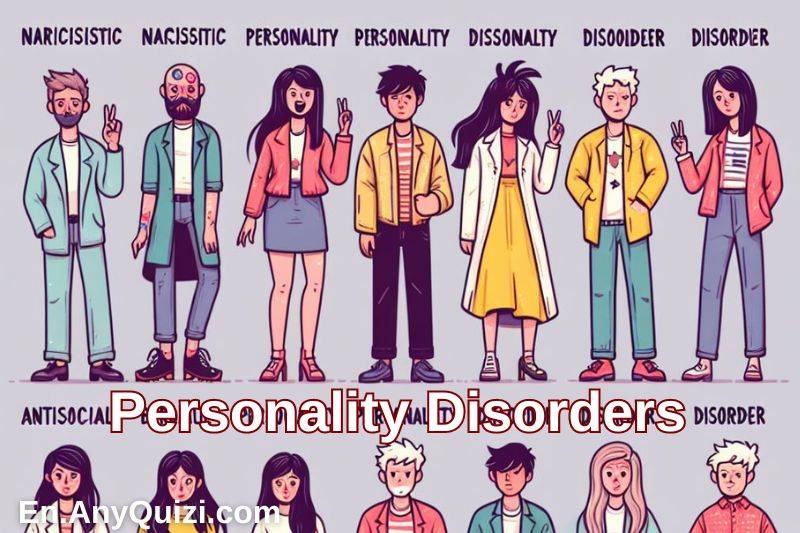There is magic in your smile
It is a difficult morning. At first the alarm didn't go off, and then I was late sending my son to school because another driver decided to roll toward me. He didn't destroy my car, but he completely ruined my mood. I went to my doctor's appointment only to discover that I arrived an hour early. Very great, this must be something to do with the beginning of the weeks! I decided to go to a small French café at the corner of the street to drink a cup of tea while I waited. While I was sitting with my gray cloud hanging over me, the face of my beautiful waitress, Colette, flashed with a dazzling smile that remained on her face the entire time she communicated with me. I couldn't help but smile in return. In fact, I found myself smiling while washing my hands in the bathroom; Suddenly my day didn't seem so bad anymore. I finished my cup of tea and headed to my appointment armed with a wide smile on my face, feeling as if I had put rose-colored glasses on my eyes. Today's lesson? It turns out that when I smile, the world smiles back. Scientists and spiritual guides alike agree that the simple act of smiling can change you and the world around you; Current research (and common sense) shows that a smile is contagious, and can make us appear more attractive to others. It improves our mood as well as the mood of those around us (thanks, Colette) and can even lengthen our lives, so before you read on, put a nice, genuine smile on your face. , You will thank me later.
How does smiling affect those around you
Did you know that your smile is actually contagious? The part of the brain responsible for your facial expressions when you smile when you are happy or when you imitate someone else's smile is located in the cingulate cortex, which is an automatic, involuntary response area. In a Swedish study, a group of people were shown pictures of several emotions: joy, anger, and fear. Surprisingly, when they were showing a picture of a smiling person, the researchers were asking those people to frown. Instead, they found that the facial expressions went straight to imitating what the people saw. It took a volitional effort to turn that smile into a frown. Therefore, if you smile at someone, most likely he will not be able to help but smile back at you, and if he does not smile, it is because he has made a voluntary effort not to.
From the book 44 Amazing Written by: Dr. Ronald Y. Rego











